In the dynamic realm of bioprocessing, precision and accuracy are paramount to ensure optimal conditions for cell cultures and bioreactor operations. Achieving reliable and consistent results hinges on the precise measurement and control of various parameters, particularly the accurate monitoring of fluid flow within bioreactor systems. In this context, Coriolis mass flow meters have emerged as indispensable tools, offering cutting-edge solutions to enhance bioreactor feed accuracy.
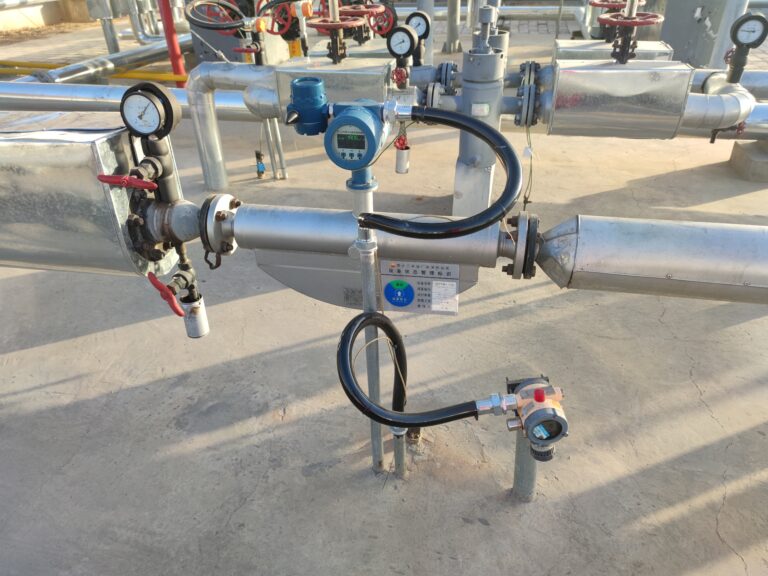
The demand for advanced bioreactor technologies has led to the integration of Coriolis mass flow meters, which capitalize on the Coriolis effect – the deflection of fluid as it moves through a vibrating tube – to measure mass flow rates directly. This innovation brings a new level of accuracy to the monitoring and control of liquid flows in bioprocessing, ensuring that nutrient feeds, gases, and other critical components are delivered precisely as required.
This article delves into the intricate world of Coriolis mass flow meter solutions tailored specifically for bioreactor applications. From their fundamental operating principles to the diverse range of benefits they offer in terms of accuracy, reliability, and real-time data acquisition, we will explore how these advanced flow meters contribute to elevating the performance and efficiency of bioprocesses.
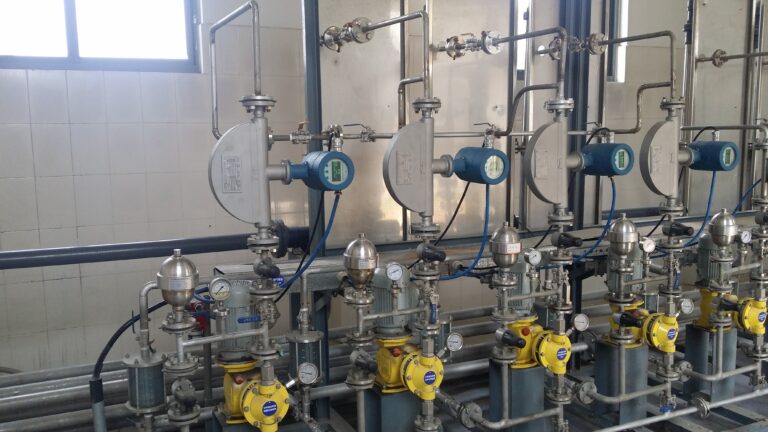
Importance of Bioreactor Feed Accuracy
Bioreactor feed accuracy plays a pivotal role in the success of pharmaceutical and biotechnology processes, significantly influencing product quality, overall process efficiency, and yield. The precision with which nutrients, gases, and other essential components are delivered to the bioreactor directly affects the characteristics of the final product.
In the realm of pharmaceuticals and biotechnology, product quality is of utmost importance. The composition and concentration of nutrients, as well as the control of environmental factors within the bioreactor, directly impact the growth and productivity of cells or microorganisms. Even minor deviations in feed accuracy have the potential to introduce irregularities in the ultimate product, possibly jeopardizing its effectiveness, safety, or intended characteristics. Therefore, maintaining a high level of accuracy in bioreactor feed is crucial to ensuring the reproducibility and reliability of pharmaceutical and biotechnological products.
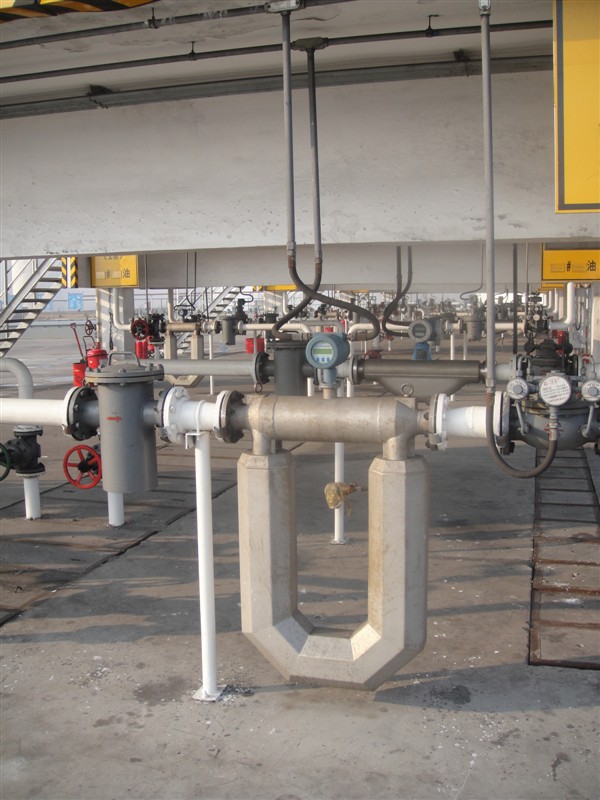
Bioreactor feed accuracy also plays a pivotal role in determining overall process efficiency and yield. Precise control over nutrient supply and environmental conditions promotes optimal cell growth and productivity, resulting in higher yields of the desired product. Efficient bioprocessing not only enhances productivity but also contributes to cost-effectiveness, making it a key factor in the economic viability of pharmaceutical and biotechnological production processes.
Regulatory requirements and standards further emphasize the importance of accurate flow measurement in bioreactors. Stringent regulations from entities like the FDA and the EMA are implemented to guarantee the safety, effectiveness, and uniformity of pharmaceutical and biotechnological products.. Compliance with these regulations necessitates the implementation of reliable and accurate bioreactor feed systems, including precise flow measurement technologies.
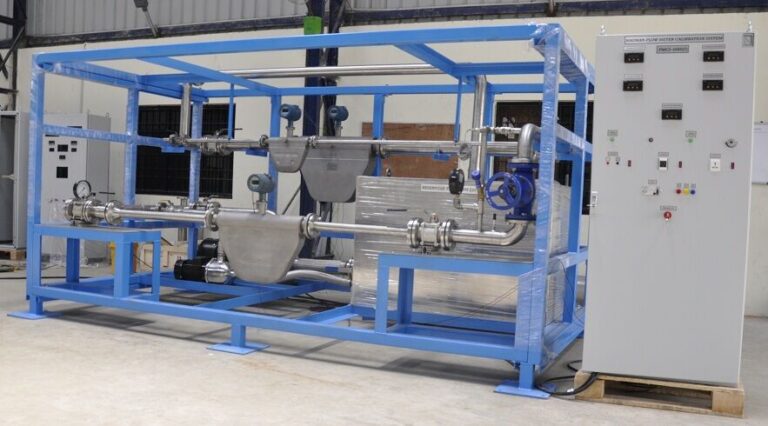
Coriolis Mass Flow Meters: An Overview
Coriolis Mass Flow Meters, harnessed from the Coriolis effect induced by the Earth’s rotation, represent a revolutionary leap in flow measurement technology. Operating on the ingenious principle of fluid-induced tube deformation, these meters offer unprecedented accuracy and reliability in the intricate realm of bioreactor feed systems. As fluids traverse a vibrating tube, the Coriolis force, perpendicular to both fluid motion and tube vibration, induces proportional deformation. In bioprocessing, this translates to precise mass flow rate measurement, a critical factor for maintaining optimal conditions.
Advantages of Using Coriolis Mass Flow Meters
The use of Coriolis Mass Flow Meters presents a multitude of advantages, making them a preferred choice in various industries. Firstly, these meters are renowned for their high precision and accuracy in flow measurement. Leveraging the Coriolis effect, they directly measure mass flow, eliminating the need for additional compensations and providing reliable readings even in dynamic process conditions.
Coriolis mass flow meters exhibit exceptional versatility by seamlessly handling various fluid types and conditions. Whether dealing with viscous liquids or gas-liquid mixtures, these meters offer consistent and accurate measurements, making them well-suited for diverse industrial applications.

One notable advantage is the minimal maintenance requirements and long-term reliability associated with Coriolis mass flow meters. Their robust design and fewer moving parts contribute to extended operational lifespans, reducing downtime and maintenance costs.
Furthermore, the integration capabilities of Coriolis meters with digital control systems enhance process automation. This integration allows for real-time monitoring and adjustment, optimizing the efficiency of industrial processes. The ability to seamlessly interface with digital control systems aligns Coriolis mass flow meters with the growing trend towards smart and automated manufacturing, ensuring precision and reliability in fluid flow measurement across various applications. In essence, the advantages of high precision, versatility, low maintenance, and integration capabilities position Coriolis mass flow meters as a valuable asset in industries where accurate flow measurement is paramount.

Coriolis Mass Flow Meters in Bioreactor Applications
Accurate measurement of bioreactor feeds is integral to the success of processes in pharmaceuticals and biotechnology. Bioreactors are complex systems where microorganisms, cells, or enzymes are cultured to produce various bio-based products. The challenges in bioreactor feed measurement arise due to the dynamic and sensitive nature of the biological fluids involved. Varying viscosities, densities, and compositions of nutrient feeds and culture media pose significant hurdles. Additionally, the need for continuous monitoring, potential for contamination, and the demand for precise control of fluid inputs further complicate the task.
Traditional measurement methods, such as volumetric flow meters, struggle to provide the accuracy required in such a dynamic and variable environment. These challenges can result in suboptimal yields, compromised product quality, and increased production costs.

Coriolis mass flow meters offer a robust solution to the intricate challenges associated with bioreactor feed measurement. Operating on the principle of the Coriolis effect, these meters utilize the inherent motion of a vibrating tube to measure the mass flow rate directly. This technology brings several advantages that make it particularly well-suited for bioreactor applications.
- Real-time Mass Flow Measurement: Coriolis mass flow meters provide continuous and real-time measurement of mass flow rates. This allows for precise control over the nutrient feeds and additives, ensuring optimal conditions for the microorganisms or cells within the bioreactor.
- Insensitive to Fluid Properties: Unlike volumetric measurement methods, Coriolis meters are immune to changes in fluid properties such as temperature, pressure, and density. This makes them highly reliable in the face of the diverse and sensitive nature of bioprocessing fluids, maintaining accuracy even as conditions fluctuate.
- Minimal Pressure Drop: Coriolis meters exhibit minimal pressure drop across the measurement tube, ensuring that the fluid dynamics within the bioreactor remain undisturbed. This characteristic is crucial for maintaining the delicate balance required for successful cultivation of biological cultures.
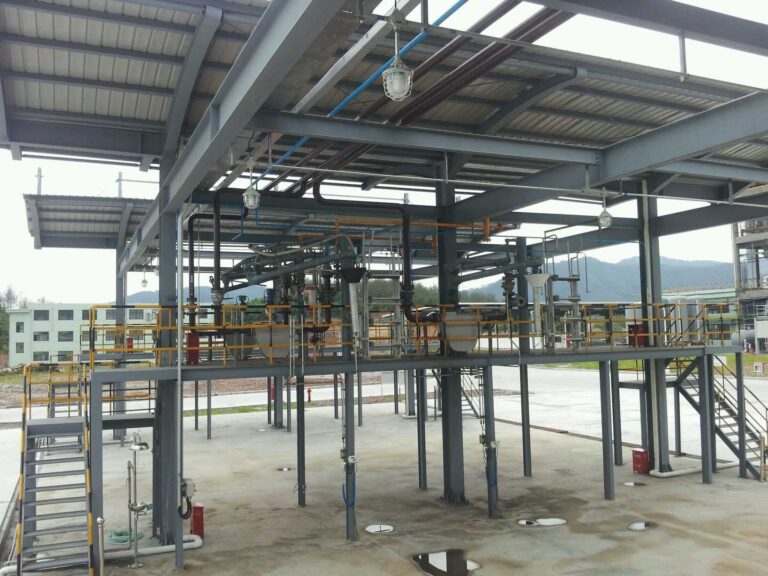
Considerations for Implementation
The seamless integration of Coriolis mass flow meters in bioreactor applications demands a comprehensive evaluation of various factors to ensure optimal functionality and consistent results throughout the operational life cycle.
Factors to consider when selecting a Coriolis mass flow meter for bioreactor applications
Choosing the right Coriolis mass flow meter involves a careful analysis of several factors. The fluid properties, including viscosity, density, and chemical composition, must align with the meter’s capabilities. The expected range of flow rates within the bioreactor should match the meter’s accuracy and turndown ratio. Furthermore, understanding the specific requirements of the bioprocess, such as cleanliness standards and compatibility with the fluid, is essential for accurate measurements.
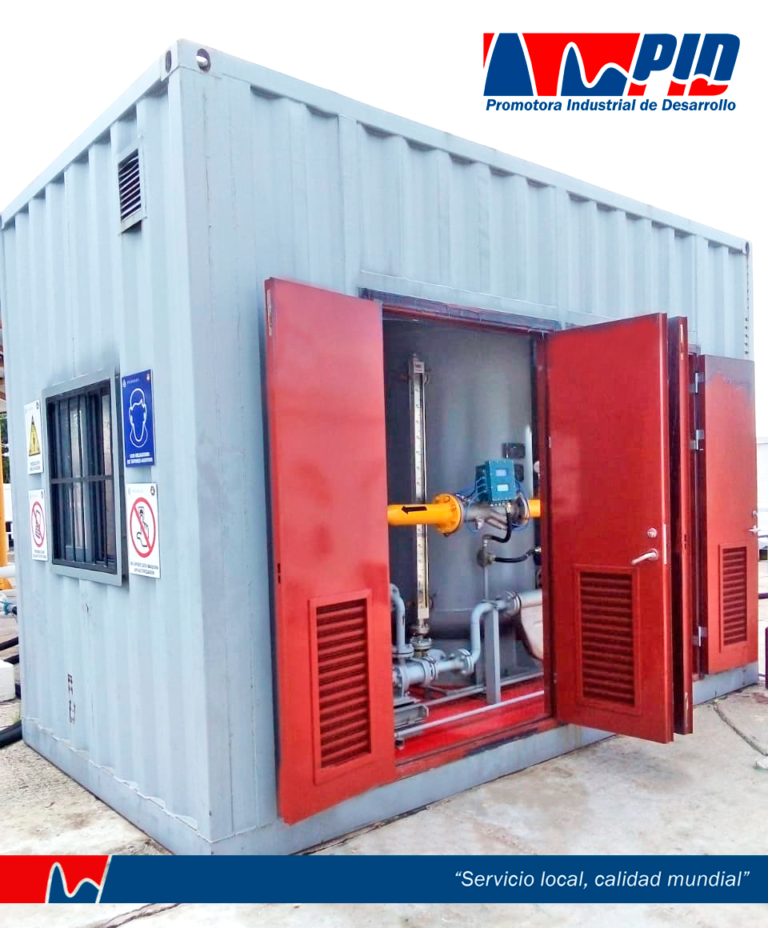
Installation and calibration best practices
Proper installation is crucial to the accurate performance of Coriolis mass flow meters. The meter should be installed in a straight and stable pipe run, free from any obstacles that might disturb the flow profile. Additionally, adherence to calibration best practices, either through expert calibration services or following manufacturer guidelines, is fundamental. Regular calibration checks are necessary to uphold the meter’s accuracy over time, ensuring reliable and consistent data.
Common challenges and troubleshooting tips
Several challenges may arise during the implementation of Coriolis mass flow meters in bioreactors. Entrained gases can impact accuracy, and high-viscosity fluids may pose challenges in maintaining optimal flow conditions. Regular maintenance, including sensor cleaning, is essential to mitigate issues related to fouling. Troubleshooting strategies involve monitoring these challenges diligently and taking prompt corrective actions. Incorporating additional equipment, such as degassing units, can enhance performance and address specific challenges encountered during the bioprocessing operation.
Ultimately, the successful implementation of Coriolis mass flow meters in bioreactor applications necessitates a thorough understanding of the intricate dynamics of the bioprocess. Addressing considerations related to meter selection, installation, calibration, and troubleshooting equips industries to leverage the benefits of Coriolis mass flow meters effectively. By prioritizing precision, reliability, and efficiency, these meters contribute significantly to the advancement of bioreactor fluid flow measurement technologies.
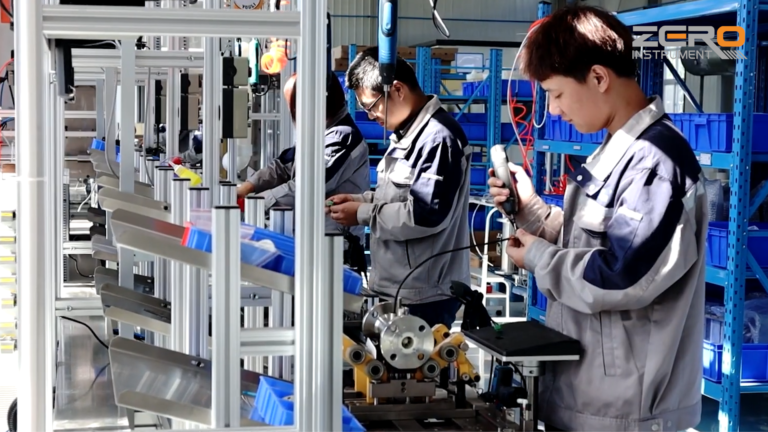
Conclusion
In conclusion, Coriolis Mass Flow Meter Solutions emerge as indispensable tools for ensuring unparalleled accuracy in bioreactor feed systems. Their reliance on the Coriolis effect, high precision in mass flow measurement, and versatility in handling diverse fluid types make them pivotal in maintaining optimal conditions for pharmaceutical and biotechnological processes. The advantages of minimal maintenance requirements, long-term reliability, and seamless integration with digital control systems further underscore their significance in enhancing overall efficiency.
As industries strive for precision and automation in bioprocessing, Coriolis Mass Flow Meters stand at the forefront, offering a robust solution to meet the stringent requirements of bioreactor feed accuracy and contributing to the advancement of reliable and high-quality pharmaceutical and biotechnological products.
